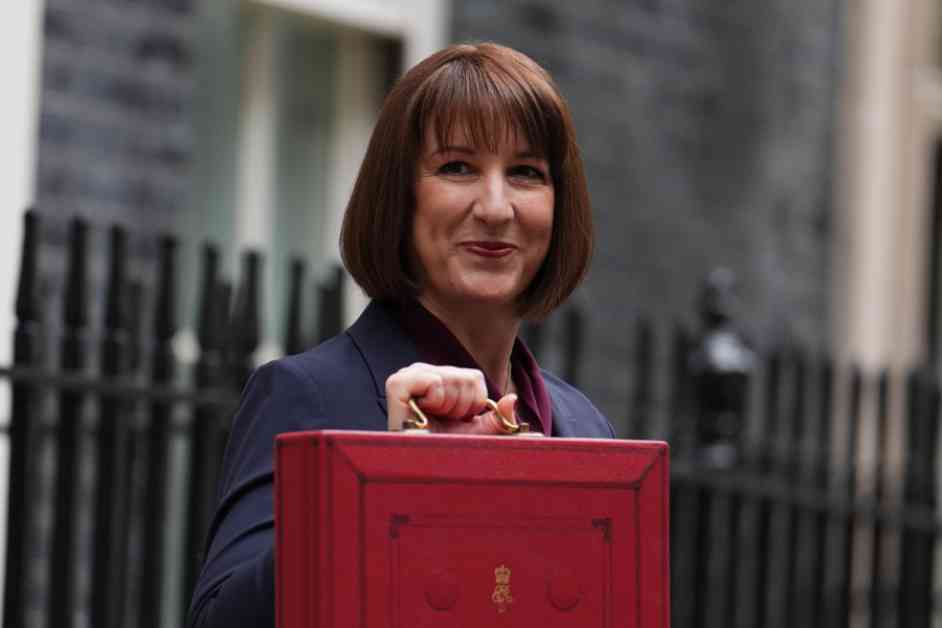Scotland’s public services are at risk of suffering if Chancellor Rachel Reeves does not provide funding to cover the shortfall caused by the increase in national insurance contributions, according to GMB Scotland, a prominent trade union.
The upcoming Scottish budget has prompted GMB Scotland to call on the UK Government to assist in the recovery of essential services. Chancellor Rachel Reeves recently announced a rise in employers’ national insurance contributions, coupled with a reduction in the earnings threshold at which contributions kick in.
Starting from April next year, the rate will go up by 1.2 percentage points to 15%, and contributions will begin at £5,000 in earnings instead of the current £9,100 level. Subsequently, the Scottish Government requested £500 million to offset the impact on the public sector, but the proposed offer to SNP ministers falls short at £295-330 million.
Louise Gilmour, GMB Scotland’s secretary, emphasized to the Chancellor that Scotland’s public services are not fully shielded from the decisions made by the UK Government despite devolution. While most public services in Scotland are devolved, they remain vulnerable to UK Government choices.
Gilmour highlighted the potential limitations on Scotland’s recovery if the national insurance increase is not adequately funded. This lack of funding could hinder investment in critical services already in crisis and restrict public sector workers’ ability to negotiate better pay in the future.
The trade union stressed that public sector employees have been significantly impacted by previous government policies and that the UK budget represents an opportunity to rebuild. Gilmour urged the UK Government to fully finance the national insurance hike ahead of the Scottish budget in December.
Since the announcement, Scottish ministers have criticized the shortfall expected due to the increase in national insurance contributions. Finance Secretary Shona Robison expressed dissatisfaction with the estimated £300 million to cover the costs, stating that it falls short of the necessary funding for various sectors.
The Herald revealed that the rise in national insurance contributions would cost Scottish councils £265 million and universities £45 million. Deputy First Minister Kate Forbes highlighted the significant increase in taxes across public and private sectors due to the autumn budget, largely driven by the national insurance hike.
In her letter to the Chancellor, Gilmour argued that Scotland’s larger public sector workforce and higher-paid staff should not be viewed as wasteful expenditure, but rather as the foundation of the country’s infrastructure. She emphasized the critical roles played by public sector workers in education, healthcare, and sanitation.
The Fraser of Allander Institute estimated that the Scottish Government would face a £500 million deficit as a result of the tax change. Director Mairi Spowage pointed out the challenges for SNP ministers in covering the shortfall and reallocating funds within the budget.
A UK Government spokesperson defended the allocation of funds to Scottish public services, stating that Scotland receives substantial funding per capita and additional Barnett funding. The spokesperson emphasized the need for the Scottish Government to prioritize and allocate resources effectively to meet the needs of the people in Scotland.

